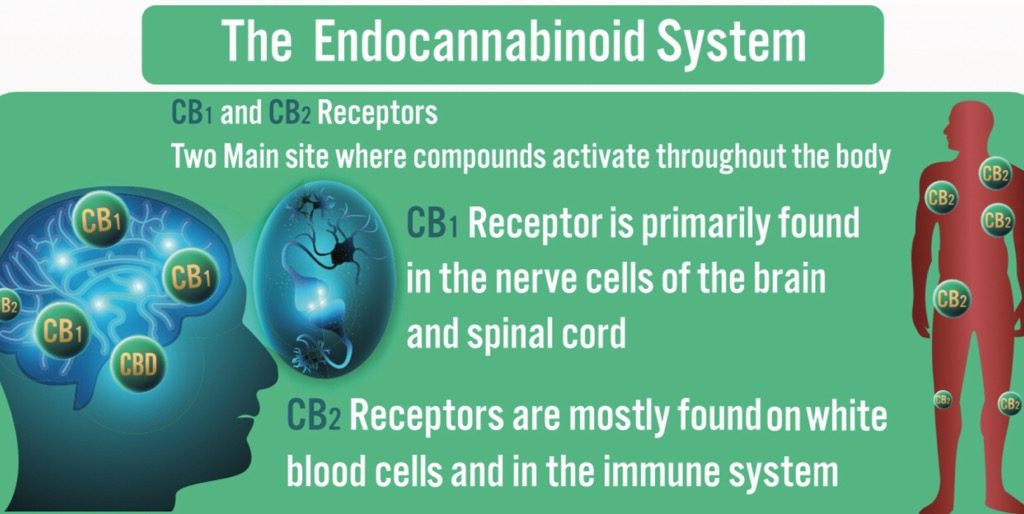The little known clinical endocannabinoid deficiency

The clinical endocannabinoid deficiency is a medical theory postulated as the cause of several conditions. The theory is based in the concept that many brain disorders are associated with deficiencies of the neurotransmitter, for example; dopamine deficiency in Parkinson’s, acetylcholine in Alzheimer’s, serotonin in depression. A deficiency in endocannabinoid levels might be present in certain disorders that are characterized by a hyperalgesic state. These conditions are fibromyalgia, IBS and migraine.
There are five possible signs of endocannabinoid deficiency:
1. Sensitive to pain
2. Feeling anxious or depressed
3. Addicted to junk food
4. Chronic inflammation related illness
5. Certain skin conditions
Unfortunately, due to the schedule I categorization of cannabis, no Randomized Control Trials (RCT) are available and the above is based in observational studies. We know something for certain, the majority of patients with the above conditions experience a dramatic improvement with cannabinoids.






